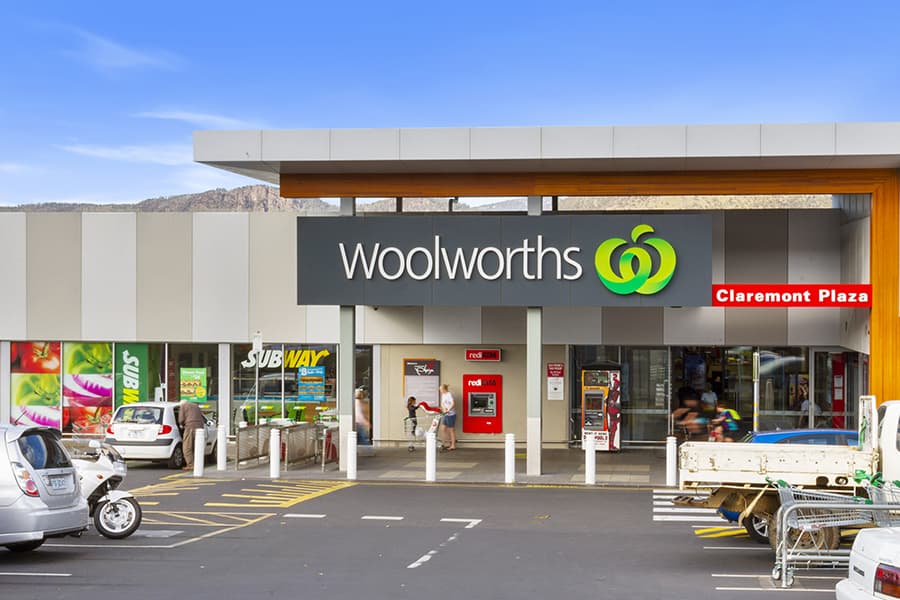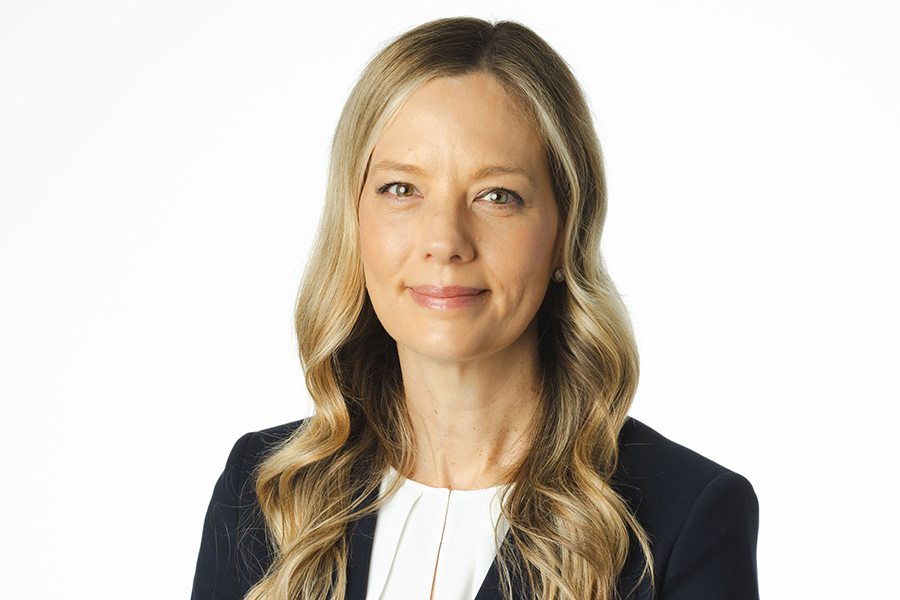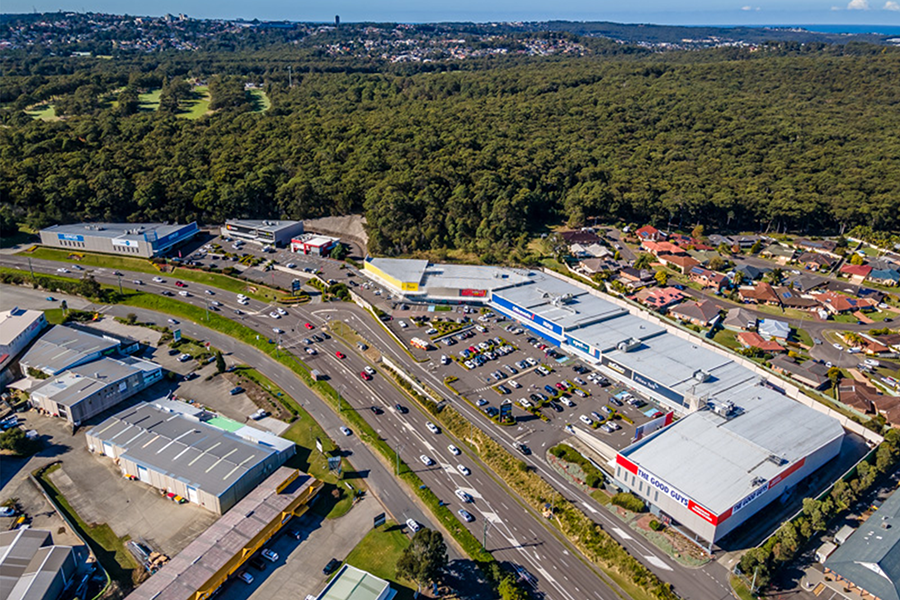Despite COVID-19, convenience-based shopping centres have remained resilient with major tenants in the SCA property portfolio reporting increases in sales. Across the portfolio there was MAT growth for the 12 months to 30 June 2020 with supermarkets reporting +5.1% (compared to 2.0% as at 30 June 2019) , discount department stores reporting 7.6% growth (compared to 2.2% as at 30 June 2019) and specialty stores: -1.1% (compared to 1.8% as at 30 June 2019).
The group reported the portfolio had actually increased sales by 4.2% (compared to 1.9% as at 30 June 2019), which is a major positive result when compared with other retail property landlords.
Chief Executive Officer, Anthony Mellowes, said: “Throughout the COVID-19 pandemic, our convenience based centres have been relatively resilient. Our anchor tenants have experienced strong sales growth, turnover rent has increased and we have continued to conclude leasing deals with 75 renewals and 55 new lease deals completed during the COVID-19 period of March to June 2020. Specialty vacancy is stable at 5.1%, specialty occupancy costs are stable at 10.0% and approximately 92% of tenants are now open and trading including approximately 63% in Victoria.”
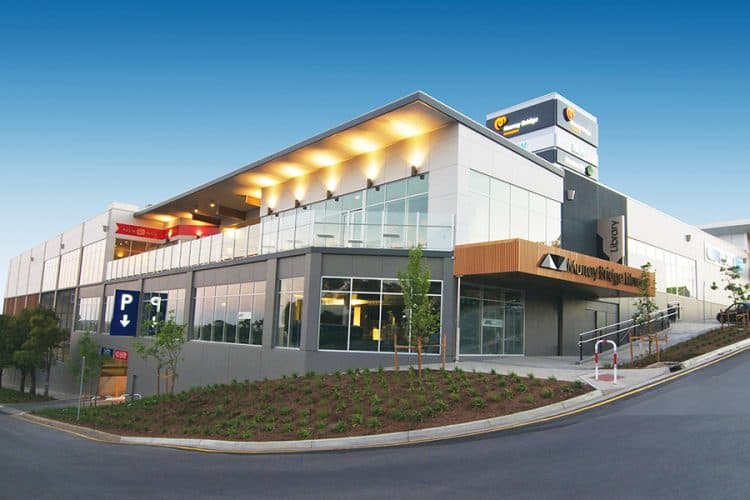
The SCA Property Group reports sales growth during the COVID-19 pandemic
“Nevertheless, the COVID-19 pandemic has impacted many of our specialty tenants who have experienced sales declines. We have provided rental assistance to over 600 tenants in accordance with the Mandatory Code of Conduct. Our rental collection rate was 77% during the COVID-19 period, and we will continue to pursue payment from tenants of all of the outstanding amounts not covered by agreed waivers or deferrals”, he said.
Against a backdrop of COVID-19 and a softening in the broader retail market, the groups focus is to improve tenancy mix with a bias toward non-discretionary categories, maintain a high retention rate on renewals and maintain low specialty vacancy by working proactively with our tenants during these challenging times. This strategy has seen negative rent reversions and higher incentives during this period.
Mellowes continues “Our focus continues to be to improve the tenancy mix in our centres with a bias toward non-discretionary categories, to maintain high retention rates on renewals, and to maintain low specialty vacancy by working pro-actively with our tenants in these challenging times. This will ensure that we have sustainable tenants paying sustainable rents, supporting our strategy of generating defensive, resilient cash flows to support secure and growing long term distributions to our unit holders.”
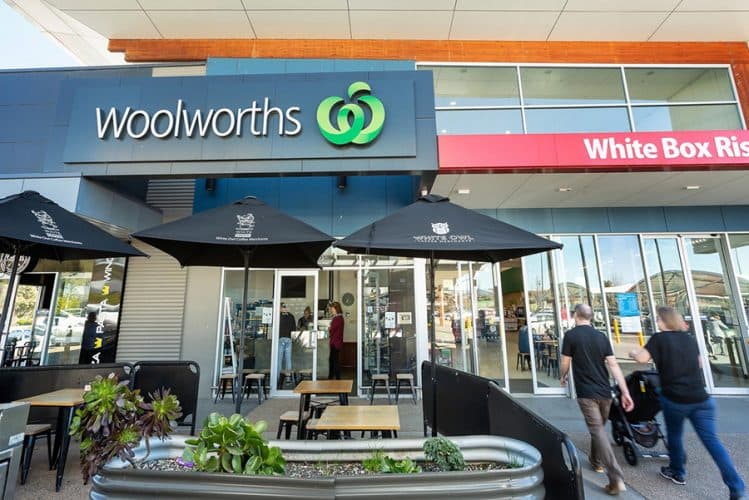
Strong results were evident in supermarket sales
Chief Financial Officer, Mark Fleming, said “The COVID-19 pandemic has negatively impacted our financial results in the second half of the financial year. The direct impact of COVID-19 on FY20 FFO is $20.5 million, with the largest contributor to this being expected credit loss allowances due to increased rental arrears. In addition, the like-for-like valuation of our investment properties decreased by $87.9 million with $27.4 million of that decrease due to the expected impact of the COVID-19 pandemic on FY21 cash flows.”
Fleming said, “In response to the COVID-19 pandemic we raised $279.3 million of new equity in April and May 2020 through an institutional placement and a unit purchase plan. The purpose of those equity raisings was to strengthen the Group’s balance sheet and to provide funding flexibility to continue to deliver on the Group’s strategy of investing in convenience-based supermarket-anchored centres as opportunities arise.”
During the period the group completed the acquisition of Warner Marketplace in Brisbane QLD for $78.4 million, and the development of Shell Cove Stage 3 NSW for $4.8 million. They also sold Cowes for $21.5 million (9.7% above the June 2019 book value of $19.6 million).
In July 2020 SCA Property agreed terms to acquire Bakewell in Darwin NT for $33.0 million (implied fully-let yield of 7%), subject to due diligence and final valuation support. This property is expected to settle by September 2020.


